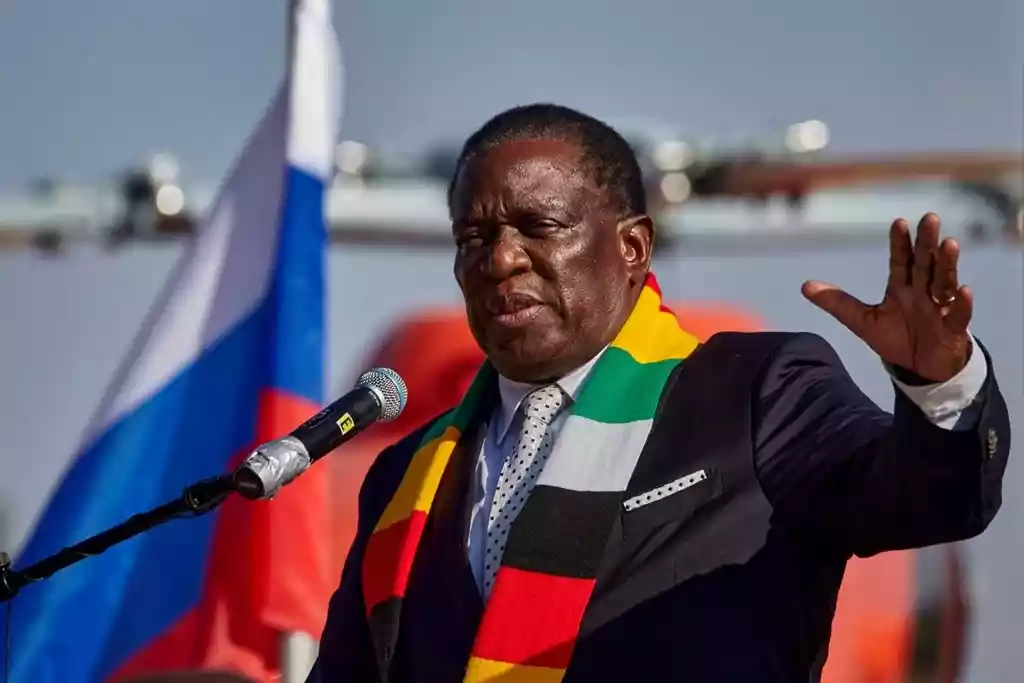
PRESIDENT Emmerson Mnangagwa is soon expected to appoint members of his Cabinet to drive his agenda for the next five years as Zimbabwe seeks to attain an upper middle-income economy status by 2030.
The last Cabinet, which was a mixture of youth and experience, ran its race and the results are there for all to see.
The Agriculture ministry delivered a bumper harvest in wheat and maize. Zimbabwe is set to export maize, the first time in 22 years.
As a show of confidence in the team in the Agriculture ministry, then minister Anxious Masuka was told not to look for a parliamentary or senate seat to be reappointed.
Mnangagwa should appoint ministers on merit. The team needs energy, new ideas and determination — qualities that were non-existent in the bulk of his former ministers.
The economy requires urgent surgery.
In the last three months, it was evident that government can come up with solutions if it wants.
The issue of currency should be given prominence. Zimbabwe cannot have its currency which only accounts for 10% of local transactions.
- Mavhunga puts DeMbare into Chibuku quarterfinals
- Bulls to charge into Zimbabwe gold stocks
- Ndiraya concerned as goals dry up
- Letters: How solar power is transforming African farms
Keep Reading
More measures are required to buttress the utilisation of the Zimdollar.
Mnangagwa alluded to the importance of the local currency this week saying a national currency that is supported by a vibrant productive sector was indispensable to sustainable development.
“No country has ever developed without its own currency. Further, we can only develop and grow the economy based on our own internal resources,” Mnangagwa said in his inaugural speech on Monday.
The task ahead is tough but not insurmountable and requires all hands on the deck. This requires Mnangagwa to appoint ministers on merit and discard the “homeboy syndrome” that afflicts several African governments.
Mnangagwa has shown that he does not believe in tweaking his team. His predecessor the late Robert Mugabe would do two or three Cabinet reshuffles within five years to breathe new life into the team.
The five non-constituency slots should be filled by technocrats and not those who would have failed to secure parliamentary seats.
This behoves Mnangagwa to appoint a strong team and avoid the temptation to reward loyalists or those that have been on a bootlicking frenzy.
In five years, the report card will be out.
Zimbabwe has lagged its Sadc peers due to years of political conflict and red tape which have seen investors giving the country a wide berth.
The next Cabinet will signal Mnangagwa's intention to take the country forward.
Value addition and beneficiation should be the buzzwords in ministries and the wheels should move faster.
Zimbabwe cannot prosper if it’s an exporter of unbeneficiated minerals or raw materials.
Such measures create industries in other countries, especially those that import minerals from Zimbabwe.
Mnangagwa said his new administration would ensure greater stewardship over “our finite natural resources”.
It’s the same message he conveyed in his maiden speech in 2017.
The next few days are crucial for Mnangagwa to walk the talk in moving Zimbabwe to an upper middle-income economy by 2030.
All eyes will be on his new Cabinet.







